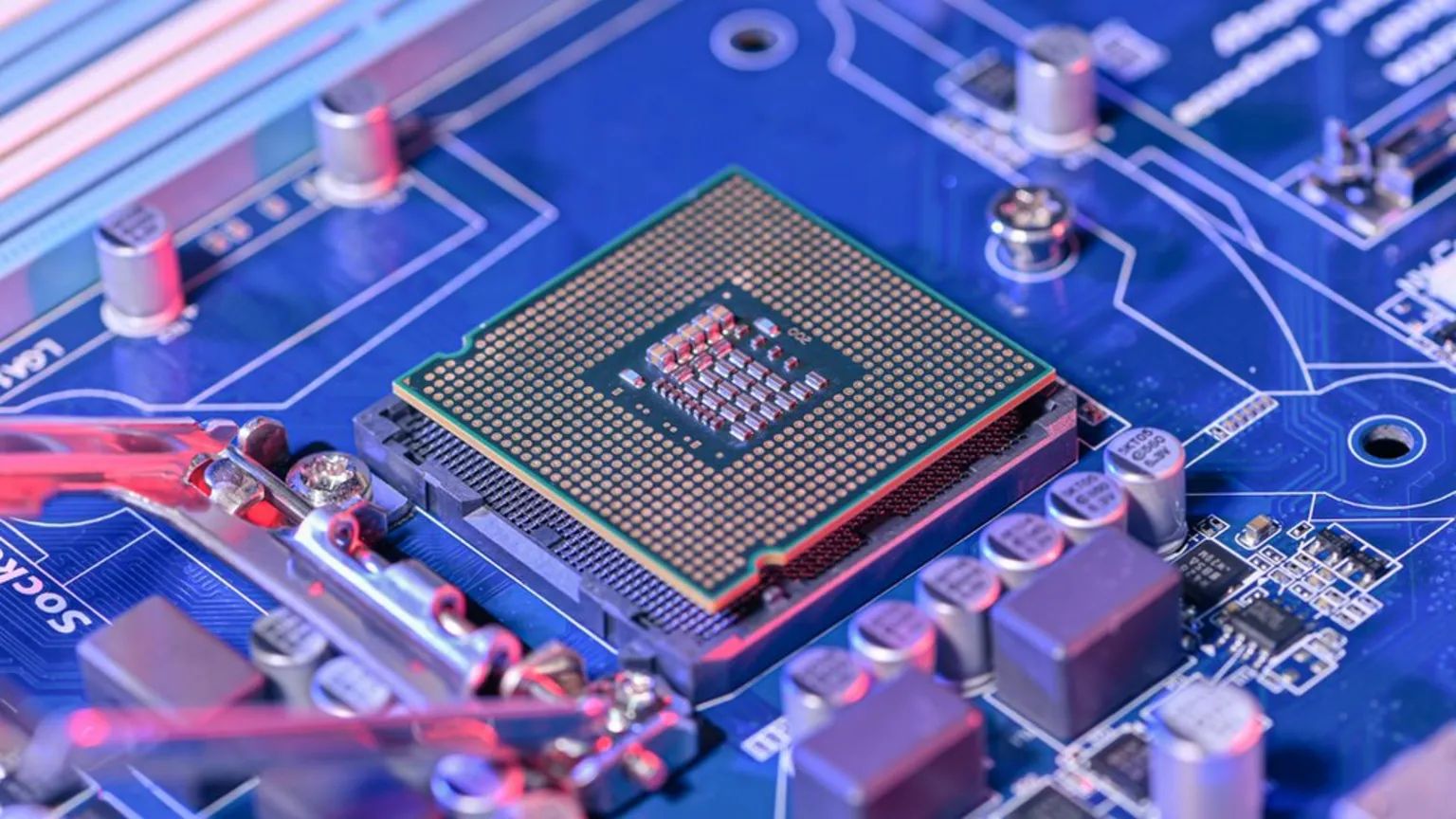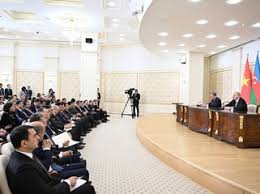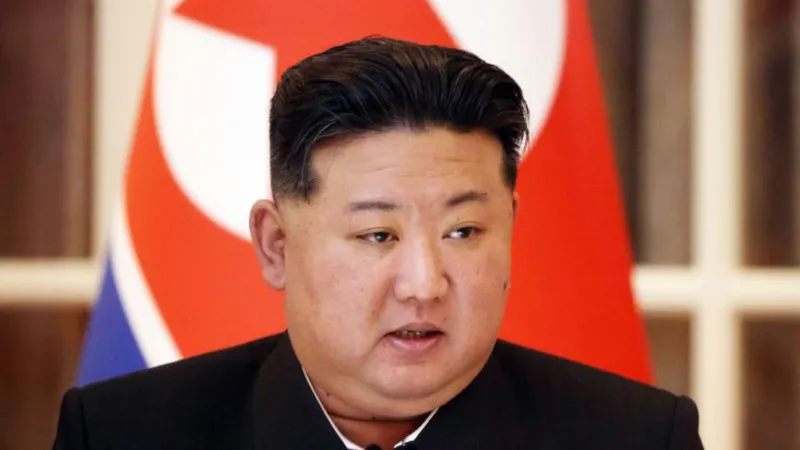Semiconductors are materials that have electrical conductivity between conductors (like metals) and insulators (like glass). These materials, often made from silicon, are vital components in modern electronics, such as smartphones, computers, vehicles, medical devices, and communication systems. Their unique ability to be controlled (via doping) to either conduct electricity or act as an insulator makes them essential for creating the binary circuits that power digital devices.
As for why Trump is targeting semiconductors, it primarily stems from his broader economic strategy to reduce dependence on foreign manufacturing, especially in China. During his presidency, Trump introduced tariffs on Chinese imports, aiming to incentivize American companies to bring production back to the U.S. Semiconductors are particularly important because they are at the heart of many technological innovations and industries. By imposing tariffs or adjusting trade policies regarding semiconductors, the goal was to encourage more U.S.-based manufacturing and reduce reliance on foreign suppliers, particularly China, for crucial tech components.
Trump’s tariffs were meant to protect American businesses and strengthen the U.S. economy by pushing companies to invest in domestic manufacturing, ensuring the U.S. has a stronger position in the global tech industry. However, while tariffs might make it more expensive to import certain electronics, such as smartphones or computers, the focus on semiconductors specifically is tied to their importance in emerging technologies, like artificial intelligence, and national security concerns. The U.S. government also introduced initiatives like the U.S. Chips Act, which offers financial incentives to companies to build semiconductor manufacturing facilities in the U.S., further reflecting the strategic importance of this sector.
Trump’s tariffs were part of a broader strategy to protect American businesses and bolster the U.S. economy by encouraging companies to shift production back to the U.S. This initiative aimed to reduce the country’s reliance on foreign manufacturing, especially in critical sectors like technology. By imposing tariffs on imported goods, including electronics such as smartphones and computers, the goal was to make domestic production more competitive, both in terms of cost and innovation. The idea was to incentivize American companies to invest in U.S.-based manufacturing, creating jobs, fostering technological advancements, and ensuring a stronger, more independent position in the global market.
While these tariffs aimed to boost domestic manufacturing, the particular emphasis on semiconductors reflects their strategic importance. Semiconductors are the backbone of modern electronics, powering everything from personal devices to military systems. Their central role in emerging technologies, such as artificial intelligence, 5G networks, and autonomous vehicles, makes them crucial not just for economic growth but for national security as well. The U.S. government has long recognized the need to maintain a competitive edge in the semiconductor industry, as any disruptions in supply chains or technological advancements could significantly impact the country’s standing in both global commerce and defense capabilities.
The U.S. Chips Act, introduced alongside other policies, further emphasizes the government’s commitment to strengthening domestic semiconductor manufacturing. This legislation provides financial incentives—such as subsidies and grants—to encourage companies to build or expand semiconductor production facilities in the U.S. The Act also seeks to address long-standing challenges like the shortage of skilled workers in the semiconductor industry, which has hampered the U.S.’s ability to produce chips at the scale required to meet demand. By attracting major players in semiconductor manufacturing to set up operations on U.S. soil, the government hopes to ensure a stable, secure, and competitive supply of these critical components. In turn, this would bolster both the American economy and its technological leadership on the global stage.
In summary, the focus on semiconductors in Trump’s tariffs and the subsequent support for domestic manufacturing through initiatives like the U.S. Chips Act highlight how vital this sector is for economic stability, technological innovation, and national security. As the world continues to move towards more advanced digital and technological solutions, controlling semiconductor production is seen as a key element in maintaining the U.S.’s global influence.
Madina Mammadova\\EDnews










